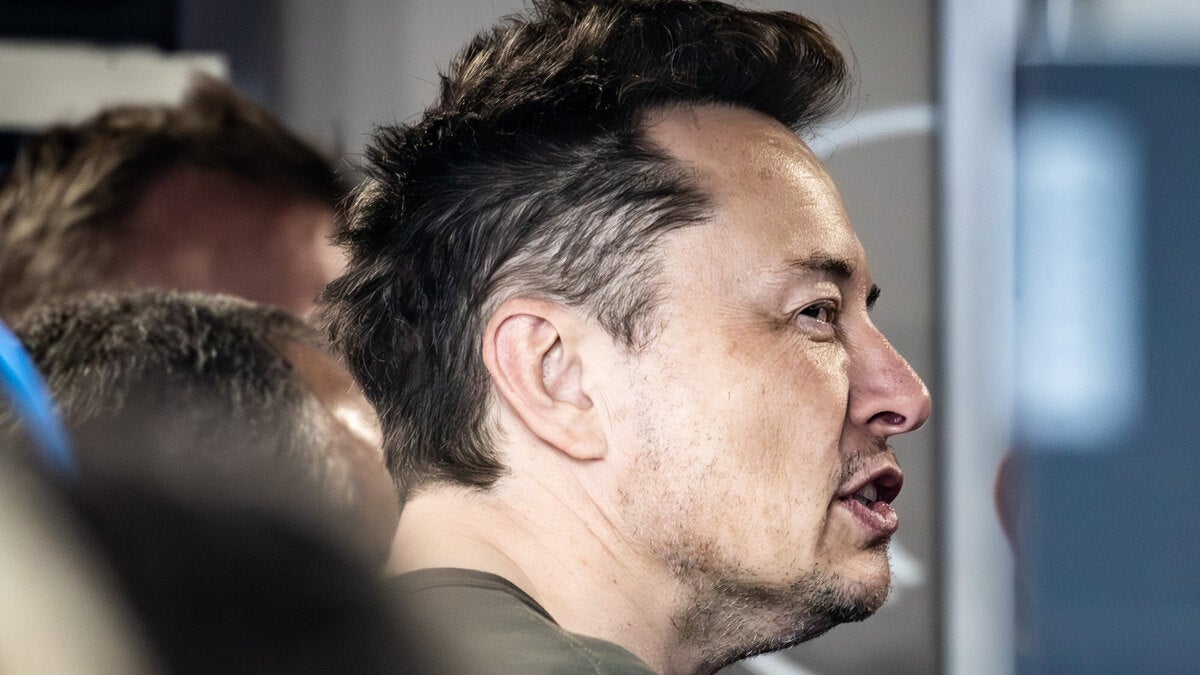Elon Musk’s intent to take control of OpenAI and merge it with Tesla are at the center of the fight between the controversial Tesla founder and the AI startup he helped get off the ground, but which is now being financed by Microsoft.
That’s what OpenAI argued in a blog post Wednesday co-authored by CEO Sam Altman and other key members of the company’s leadership team. The post shares Open AI’s side of the story after Musk filed a lawsuit against Altman and the company — the creator of ChatGPT — on claims of breach of its founding mission.
OpenAI will move to dismiss that lawsuit, which alleged the company is no longer working “to develop artificial general intelligence (AGI) for the benefit of humanity…, according to the suit. Instead, Open AI is working “to personally benefit the individual defendants and the largest technology company in the world.”
Neither Musk nor OpenAI have revealed whether there is a documented and binding contract stating an agreement to serve that mission. OpenAI maintains the company has not veered off course and aims “to ensure AGI benefits all of humanity, which means both building safe and beneficial AGI and helping create broadly distributed benefits,” according to the post.
Control issues
The ultimate reason for the impasse with Musk came when he wanted the company to become a for-profit entity with him at the helm, OpenAi said. While its founders originally thought OpenAI might be a non-profit, they realized it must be a for-profit to gain access to the billions of dollars needed to reach its AI goals.
That’s where Musk began to exhibit control issues. “Elon wanted majority equity, initial board control, and to be CEO,” according to OpenAI. “We couldn’t agree to terms on a for-profit with Elon because we felt it was against the mission for any individual to have absolute control over OpenAI.”
Musk then suggested merging OpenAI into Tesla, another idea at which OpenAI’s founders balked. Eventually, Musk left, saying on his way out the door that the company’s probably of success “was zero,” and vowing to build a competitor within Telsa, which he has since done with xAI.
‘Open’ but not open
Some of the revelations in the post — including emails exchanged between Musk and OpenAI leaders with some content redacted — appear to reflect Musk’s disapproval of the company’s alignment with Microsoft. To him, OpenAI lost its more universally beneficial charter and became “a closed-source de facto subsidiary of the largest technology company in the world.”
OpenAI execs rebutted the claim, asserting there was never a plan for the company to open-source its AI completely and that it remains true to its mission to make AI available for all. “Elon understood the mission did not imply open-sourcing AGI,” OpenAI said.
They painted a portrait of Musk as a disappointed leader who walked out when things didn’t go his way and is now rattled OpenAI has found success with Microsoft’s backing.
Musk’s lawsuit aims to disrupt the ties between OpenAI and Microsoft. It seeks at least seven actions, including a judicial determination on whether GPT-4 constitutes AGI and is thereby outside the scope of OpenAI’s license to Microsoft. Musk also wants the court to determine whether Q and/or other OpenAI next-generation large language models (LLMs) in development constitute AGI.
“We’re sad that it’s come to this with someone whom we’ve deeply admired,” Altman and others wrote in their statement.
Some technology experts expressed dismay over the falling out. “It’s disheartening to see one of the pioneers of the new AI era fall into a pitfall of legal disputes,” said Gal Ringel, co-founder and CEO at MineOS, a global data privacy management firm.
Copyright © 2024 IDG Communications, Inc.
This story originally appeared on Computerworld

